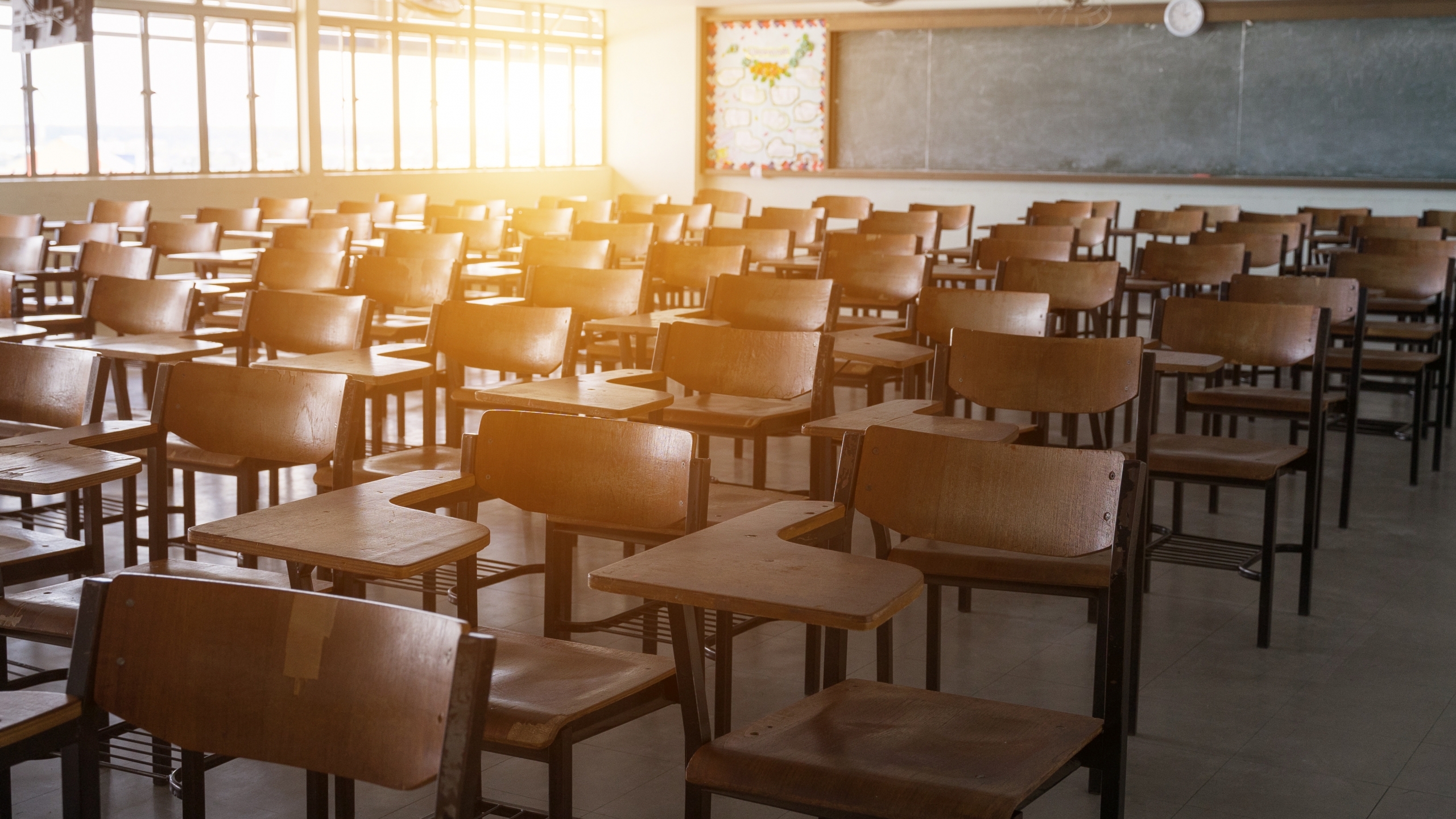Alabama schools are paddling fewer students than in years past, but the state still uses corporal punishment more than all but two states, according to data released Wednesday. The Public Affairs Research Council of Alabama’s analysis of data released by the U.S. Department of Education’s Office of Civil Rights shows that Alabama is one of only 11 states where corporal punishment was used more than 100 times statewide in 2018.
The use of corporal punishment statewide in Alabama dropped 44 percent between 2016 and 2018, and 10 fewer school systems reported paddling students between those years, according to the data, but the state still ranked third-highest, behind Mississippi and Texas.
Across the country, the use of corporal punishment dropped 30 percent between 2016 and 2018, and the drop is the continuation of a long-term trend, coinciding with increasing calls for ending physical punishments in schools, according to PARCA, which noted that between 1971 and 2011, 30 states outlawed corporal punishment. It remains legal in 19 states, although eight of those rarely use corporal punishment, according to PARCA.
The American Academy of Pediatrics in 2018 issued a recommendation against adults parents and educators alike, using physical force to attempt to modify children’s behavior.
“Aversive disciplinary strategies, including all forms of corporal punishment and yelling at or shaming children, are minimally effective in the short-term and not effective in the long-term,” the Academy wrote. “With new evidence, researchers link corporal punishment to an increased risk of negative behavioral, cognitive, psychosocial, and emotional outcomes for children.”
A larger percentage of Black children in Alabama received corporal punishment in 2018, at 6 percent, than their white peers, at 4 percent, according to the data. Similar unequal punishments exist for disabled children in the state, which made up 10 percent of all students who were paddled in 2018, compared to non-disabled students who made up 7 percent.
PARCA’s report notes that a number of schools and systems in Alabama and nationwide are turning to alternatives models to corporal punishment that better target the underlying causes of misbehavior and have been found to decrease disciplinary referrals.
“PARCA is currently evaluating programs in Alabama associated with these models,” the nonprofit’s report reads. “PARCA’s pre-k research also suggests that students participating in Alabama’s First Class Pre-K are less likely to be cited for disciplinary infractions than students who did not participate.”
















































